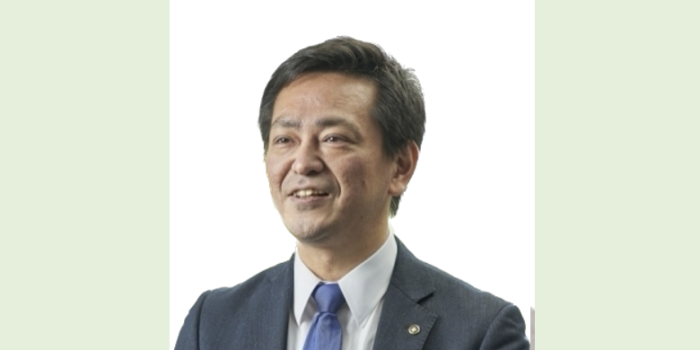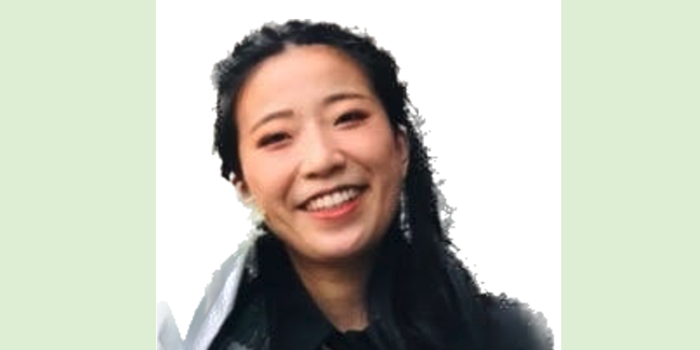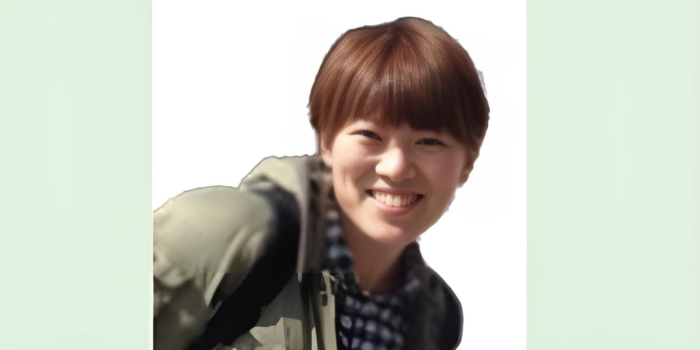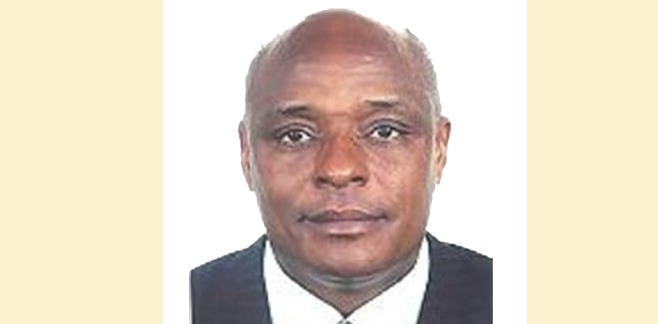Messages to Potential Students:
I would like to highlight three attractive points of the GSICS and Ogawa seminar for prospective students. They are (1) many opportunities to learn practical skills and knowledge, (2) curriculums that are developed from basic level to advanced level, and (3) a strong network of graduates and students.
First, GSICS and Ogawa-seminar offer many practical opportunities. These opportunities such as internships and field works enable us to learn practical skills and lessons which we cannot learn from classes. Indeed, if you work as an officer at an international organization you have to keep providing high-quality outputs. In order to do that, you need to know the scope of work, to accumulate experiences as much as possible. Therefore, it is quite good to conduct an internship or fieldwork while you study in school. By doing so, you develop the skills and knowledge required as a specialist, and at the same time, you can widen your perspective on an academic issue.
Second, our graduate school offers a wide range of courses from elementary to advanced level. We can take the courses based on your attainment level. It is also great for experienced professors to teach us not only theories but also their application to the context of developing countries. Especially, it is a need to develop applied skills if you would like to work in this field. From my experience as an analyst in Kenya, I would say that we need to make extra efforts to find the best way of dealing with issues and provide better outputs as much as possible even when we have insufficient data. Since no data is perfect in developed countries, it is inevitable for you to judge a situation by yourself and find a solution and implement it, communicating with other staff well. These skills will not be developed without having strong fundamental knowledge and skills. In the case of the quantitative analysis example, I mentioned above, it is important to know data mining skills, knowledge of Econometrics, and theoretical backgrounds of educational development. If you work hard in GSICS and Ogawa-seminar, you will naturally learn these skills and knowledge.
Third, many graduates who work overseas and international students are in GSICS and Ogawa seminars. They are always helpful and cooperative. If you have some questions, they will be happy to help you. Some work at international organizations such as the World Bank, UNICEF, and UNESCO, while others work at JICA, NGOs, research institutes, and universities. They provide seminars on career development, trends in the field, and academic issues. Listening to their practical experiences, and the latest situation in a field, we can develop our career vision and learn the reality of their actual practices. Not only our graduates but also international students whom we study together do give us a chance to expand our sense of being a global citizen. As you may know, if you work at international organizations, our colleague comes from many places all over the world. One of the most important skills is to have an open mind respecting their cultures and ways of working. Through studying in GSICS and Ogawa seminars, it is possible to develop such an international sense.
In sum, the combination of having a chance to gain practical experiences and skills and developing academic fundamentals is a very strong good point of learning in GSICS and Ogawa seminar. In addition, you will find nice colleagues and friendly professors, graduates if you come and study here. This strong network and friendships are one of the most favorite parts of my graduate school and Ogawa seminar. It is really fun to have such a nice friend with whom we can share our dreams and a will learning together. If you are interested in studying at the GSICS and Ogawa seminar, I look forward to seeing you in the near future.






